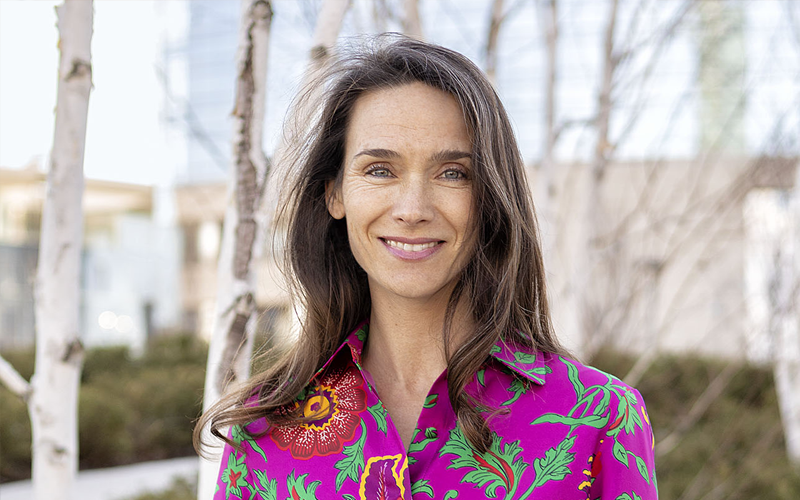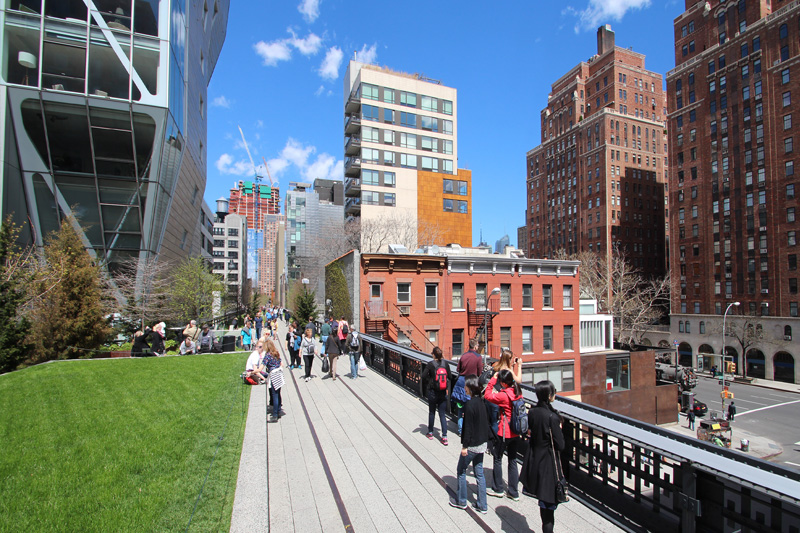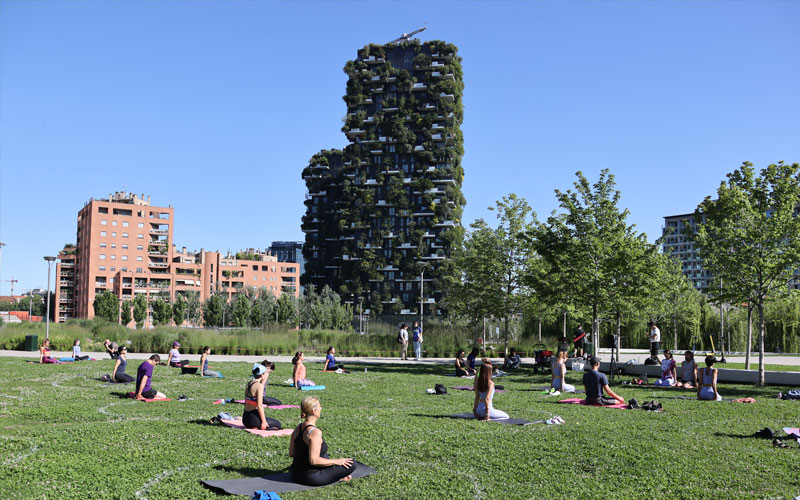The 2020 health and economic crisis highlighted a need for an approach capable of generating more widespread and sustainable well-being. It forced us to make an even greater effort to create the conditions for recovery, in a complex environment. This emergency offers us the unique opportunity to change our country by intervening and working on one of its main assets – the country itself. Italy is a unique synthesis of beauty, culture, and history. This change will accelerate the renewal of our cities and infrastructures with plans for works that were already urgent before Covid.
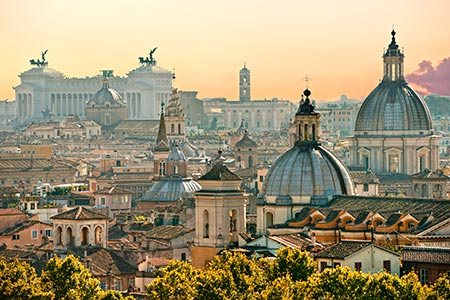
Climate change, digitisation, which was so crucial during the lockdown, the transport and infrastructure system and public spaces will have a profound impact on the way every type of building is conceived and experienced. Italy, with its unique differences, can become a strategic factor for widespread economic recovery and a new regional development model, providing an alternative to those based on concentration - the result of intensive urbanisation.
What would be the main factors? The key elements of an economic development model are based on long-term sustainable returns. This must be a regional development model based on specialised and hyperconnected centres of excellence which features an open collaborative architecture that brings together the best forces in the country, i.e. institutional investors, the banking system, public sector, scientific and cultural world, businesses and companies. A Green Deal following Italian inclinations could allow Italy to reach a leadership position in Europe and the Mediterranean area, becoming a benchmark for new development models worldwide.
One example is the Porta Nuova experience and what it has represented for Milan. The project generated a strong push for development, the creation of completely sustainable districts and areas, innovation, creating and maintaining jobs, with the help of institutional partners who believe in Italy.
COIMA intends to play a central role in this challenge, continuing to contribute to the renewal of Italian cities and infrastructures. COIMA ESG City Impact Fund was established as an investment fund focused on urban regeneration and the reuse of buildings that contribute to the sustainable overhaul of existing infrastructure, redesigning new physical and social models in housing, tourism and urban regeneration of neighbourhoods, which can become positive innovation generators.
COIMA founder and CEO Manfredi Catella said: “Italy, the land of a thousand bell towers, can represent a sustainable and alternative regional development model as alternative to megacity concentration. As a commitment to Italy, this fund will enhance regional excellence and contribute to developing real economy projects in partnership with the top institutions, universities and research centres, entrepreneurs and companies in the private and public sectors, with significant sustainability returns.”
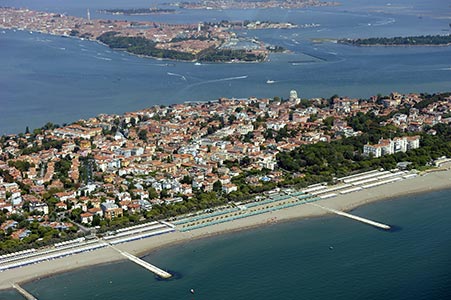
COIMA ESG City Impact Fund, launched with an initial fundraising of €400 million and with a target of more than €1 billion, is a platform open to institutional Italian investors designed to facilitate investment flows which can impact the real economy. A commitment which becomes more relevant in this historic time: Chairman of Cassa Forense (Italian Lawyers’ Fund) Nunzio Luciano, who was one of the first to contribute said: “The fund and its investors are suggesting this innovative project of great social impact for a new vision of economic and regional development during this difficult moment, which sees a substantial decrease in our GDP.” This was supported by Chairman of Cassa Dottori Commercialisti (Certified Accountants Fund) Walter Anedda, who considers the fund "particularly useful especially for institutional investors, who have the opportunity to invest in Italy’s strategic assets, contributing to the overall economic recovery.”
Inarcassa Chairman Giuseppe Santoro said that “because of their direct regional impact, real estate funds should be environmentally sustainable and increase energy efficiency. Only sustainable ideas and actions will make the difference when designing future cities.”
COIMA is the promoter of a commitment that involves some of the most dynamic Italian companies which will be supported by COIMA City Lab. The COIMA City Lab working group was set up to outline the guidelines for the urban spaces of the future. It was comprised of architects and professionals with international experience and expertise in the design of cities such as Stefano Boeri, Christopher Choa, Liz Diller, Gregg Jones, Lee Polisano, Carlo Ratti and Cino Zucchi.
COIMA City Lab will allow an evaluation of the projects’ Environmental, Social and Governance (ESG) performance by analysing the developed metrics, identifying the objectives of each project and the measurable parameters that will allow to verify its implementation. The Fund will adopt GRESB certification and projects will be evaluated using independent certifications such as LEED, WELL and WELL for Community to ensure further verification by third parties.
After the Milan experience, Italy can become a symbol of rebirth and an example of sustainability, planning and foresight worldwide. This is due to recent innovative best practices in the regional development promoted through an intensive cooperation with institutional partners and investors who have believed in the country’s potential.
Click here to discover more.


